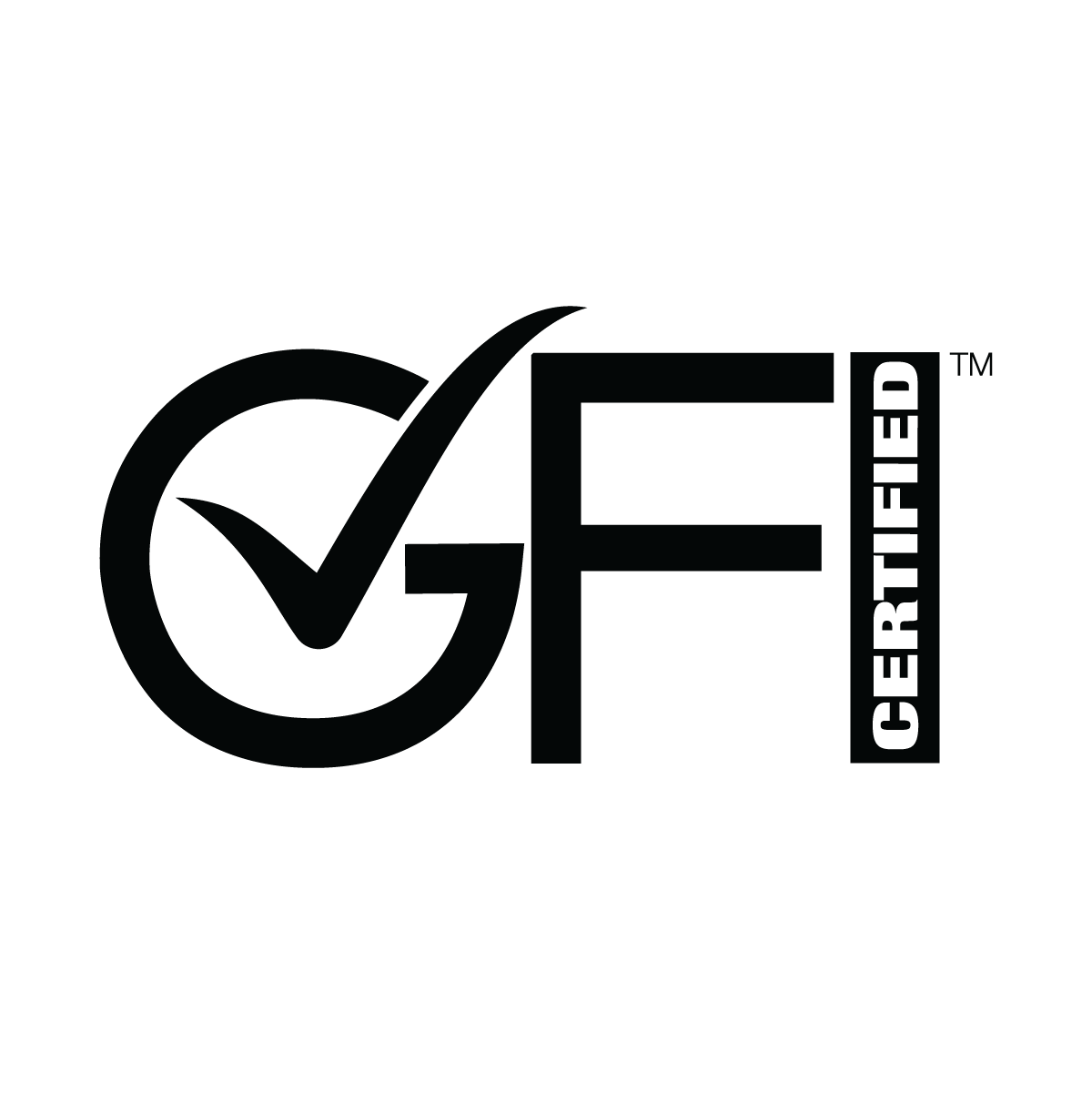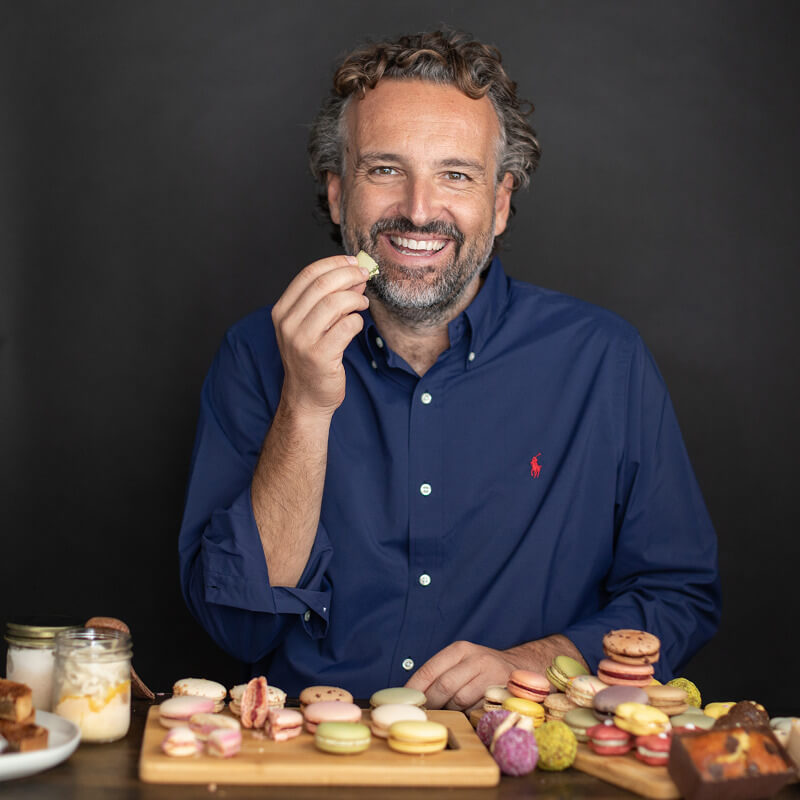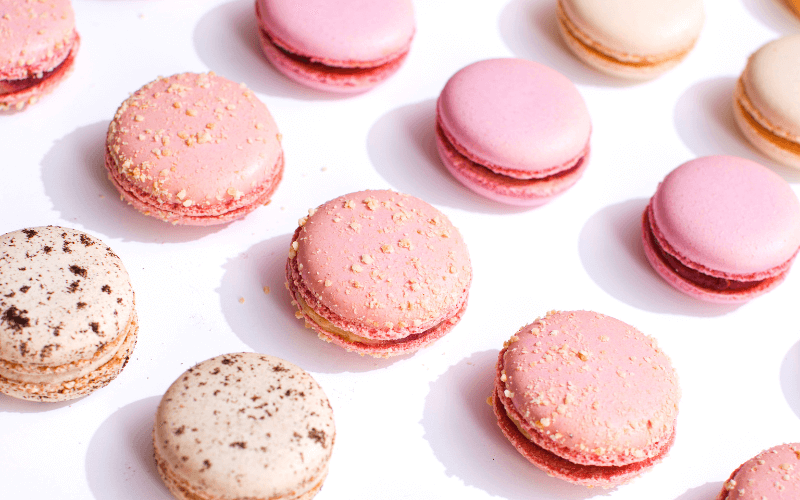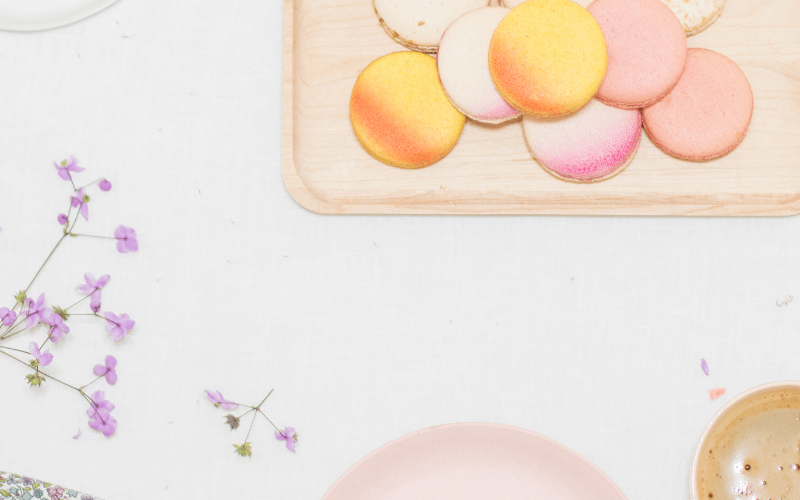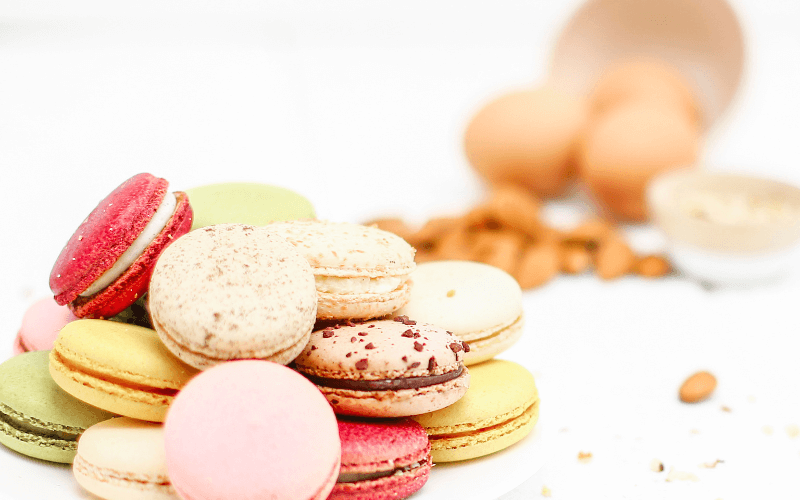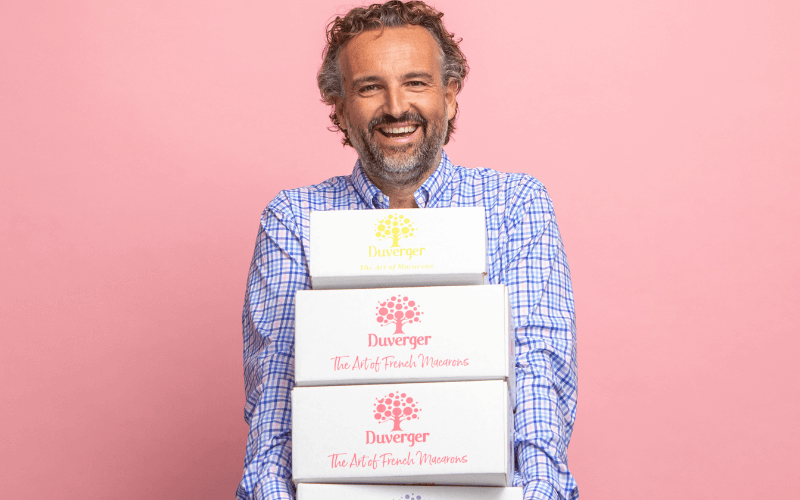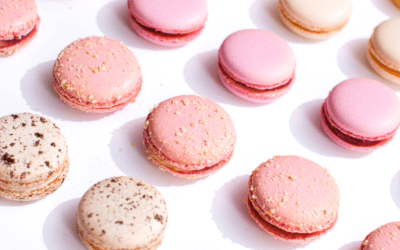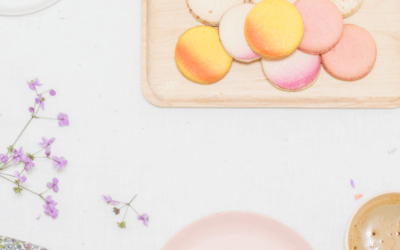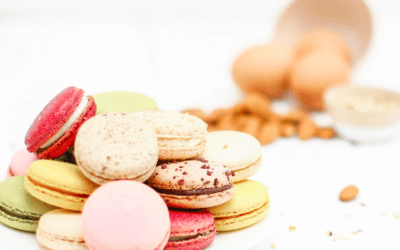The beloved macaron appears to be among the most sophisticated treats a bakery or cafe could offer. It’s simple, elegant, and refined. Peek under the confectionary hood, however, and you’ll discover that the artisanal macaron is rarely very artisan at all, but rather a product of industrial machinery and efficiency. In the pursuit of profitability, factories produce today’s macarons—not bakeries. Let’s explore the hidden side of the French macaron industry, and how we at Duverger are pushing for a truly natural and exceptional macaron experience. In this article, we’ll cover:
- The surprising shortcuts big manufacturers use to mass produce macarons
- Why there are so few Certified Organic macaron suppliers
- How we’ve created 20+ flavors of macarons only using natural ingredients
You’ll never look at generic macarons the same way again.
The Typical French Macaron is No Longer Premium
Macarons began skyrocketing in popularity in the late 2000s in the United States. Between 2010 and 2020, market penetration grew by a stunning 1,300%. Rich with demand, baked goods manufacturers flocked to the rising trend with an eye toward efficiency and scalability. Making macarons is a tedious, delicate process. Even established artisan bakeries frequently source their macarons from dedicated macaron-producing teams and facilities because the attention to detail required to make them is not worth the investment. Large manufacturers, eager to find ways to make macarons easier (and cheaper) to produce, found some clever ways to cut corners. As a result, the average industrial macaron found in supermarkets, bakeries, and ecommerce stores has experienced one or more of these common shortcuts.
- Artificial and ‘natural’ flavorings used in place of natural ingredients. You might expect a classic pistachio macaron to draw its flavor from pistachios mixed into the creamy filling. Unfortunately, that flavor is almost always due to manufactured flavoring additives—not actual pistachios. The industry standard is to have one base filling recipe with flavorings added in.
- Adding wheat flour in place of almond flour. Macarons are traditionally made with almond flour. This super-fine flour type is what enables macaron shells to have an extraordinarily smooth texture. To save on costs, large manufacturers typically add wheat flour instead (which is a fraction of the cost, but ends up more chewy).
- Machine-squeezed fillings are unnaturally uniform. Traditionally, macaron fillings had interesting and diverse textures. Mixing nuts or fruits into the cream creates a non-uniform texture that feels natural. This inconsistency can create problems for mechanical fillers, so macaron filling from large manufacturers tends to be perfectly smooth, if not a bit unnatural.
The once-premium macaron has been optimized into an average treat. The freshness and artisanry has been removed for the sake of higher margins. It’s no wonder why it’s incredibly difficult to find Certified Organic macarons. But it’s the loss of the macaron’s exquisite natural flavor that’s most tragic.
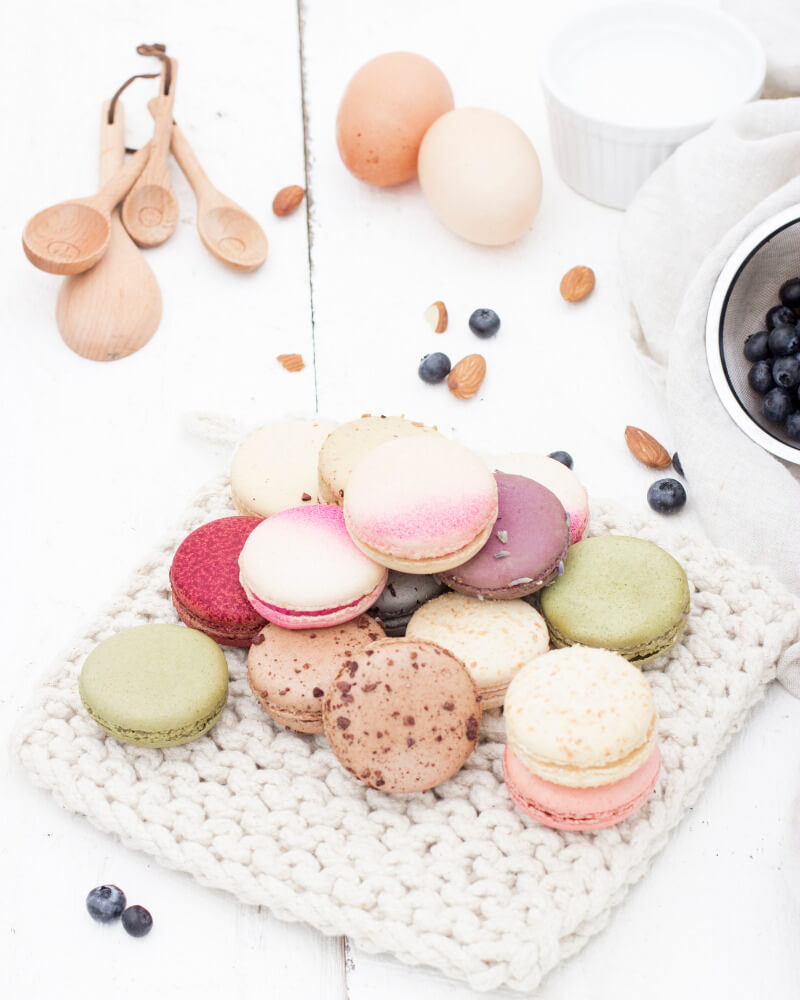
At Duverger, It’s All-Natural Macarons or Bust
The idea for Duverger was conceived when my husband, Bernard, and I moved to Los Angeles from France. We were accustomed to French macarons made with ingredients from scratch, like fresh blueberries, ripe lemons, and rich chocolate. The mass produced macarons we found in Los Angeles were clearly made with flavorings and additives—not fresh ingredients. It was a calling. We began recreating the delicate all-natural macarons we wanted in our home kitchen, recruited a team of like-minded artisan bakers, and opened up our own macaron bakery dedicated to using fresh and raw ingredients.
How We Create Macaron Flavors
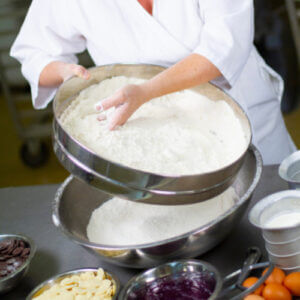 Today, Duverger makes over twenty macaron flavors, each one with…
Today, Duverger makes over twenty macaron flavors, each one with…
- Only natural ingredients
- Only almond flour (gluten-free!)
- No flavorings
- No pre-made compounds
- No artificial colors
- No preservatives
Every flavor is unique and has characteristics of its base ingredients. Our blueberry-lavender macaron features a thick filling with a deep purple color from the blueberries. Our chocolate macaron has real cacao nibs topping the shell. Our lemon macaron has the palpable tang of fresh lemon juice. Rather than buying vials of flavor compounds, we challenge ourselves to find ways to recreate flavors using only the fresh ingredients. We don’t want to taste the flavor that’s in the bottle—we want the real thing! More complicated flavors like birthday cake and red velvet were particularly challenging, but we found ways to create these incredible flavors—without taking shortcuts. This all-natural approach makes Duverger the only wholesale supplier of Certified Organic macarons in the United States. Our industrial competitors cannot achieve the certification because they would have to completely reformulate their products and machinery.
How We Make ‘Handmade’ Scale for Wholesale Success
All Duverger macarons are made by hand. Our team of long-term artisans at the bakery are the magic behind how we maintain such a high standard of quality. They’re also how we are capable of producing enough premium macarons to supply some of the largest foodservice and grocery brands in the country. While there is a limited batch size for each round of macarons, we’ve carefully constructed a workflow that enables a high output that’s only achievable because our whole facility is designed for macarons. We’ve demonstrated that you don’t need to sacrifice quality in order to serve and sell macarons at scale.
Want to Taste the Duverger Difference?
If you’re a cafe, bakery, or grocery store looking for a wholesale macaron partner that’s as quality-conscious as you are, we’d love to send you a box of samples so you can taste what we’ve explored in this article. Click here to request your sample. We’re eager to hear from you.

